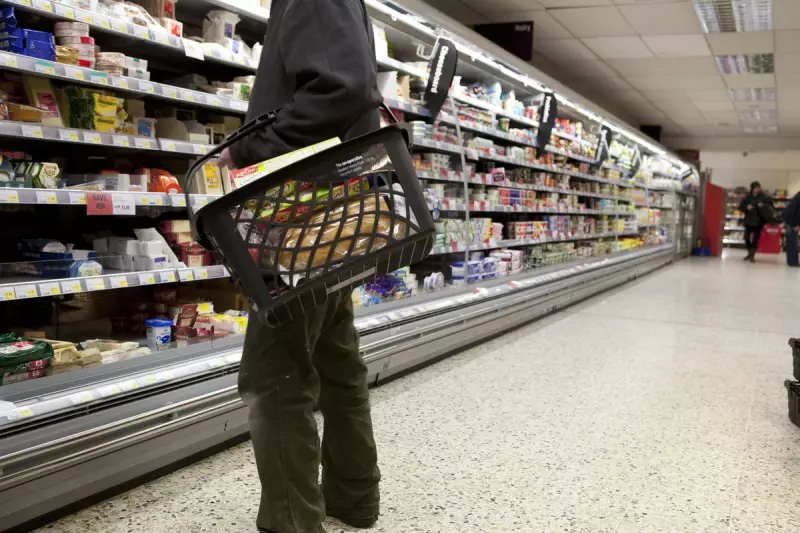
The latest official figures reveal that UK inflation has dropped significantly to 2.3% in the year to April 2024, marking the lowest level since July 2021. While this brings the rate closer to the Bank of England's 2% target, millions of households continue to feel the pinch at supermarket checkouts.
The Reality Behind the Headline Figure
Despite the encouraging overall decline, food and non-alcoholic beverage prices remain substantially higher than last year, with many essential items showing only modest decreases. The Office for National Statistics (ONS) reported that while food inflation has slowed, prices are still 25% higher than they were in 2022.
"The cost of living crisis is far from over for ordinary families," explains Sarah Coles, head of personal finance at Hargreaves Lansdown. "While the headline inflation figure looks positive, the reality is that food prices remain painfully high compared to pre-crisis levels."
What's Actually Getting Cheaper?
Several categories have seen notable price reductions:
- Milk, cheese, and eggs have shown significant price drops
- Fish and vegetable costs are moderating
- Furniture and household goods prices are falling
- Cultural services and recreation costs are decreasing
However, these improvements are tempered by ongoing pressures in other areas, particularly services inflation, which remains elevated at 5.9%.
The Bank of England's Dilemma
The mixed picture presents a challenge for the Bank of England's Monetary Policy Committee as they consider when to begin cutting interest rates. While the overall inflation drop is positive, persistent services inflation and wage growth concerns mean an immediate rate cut appears unlikely.
Most economists now predict the first rate cut will come in August or September, rather than June as previously hoped. This delay means mortgage holders facing renewal may need to wait longer for financial relief.
When Will Food Prices Normalise?
Experts suggest that while the worst of food inflation is behind us, a return to pre-2022 price levels is unlikely. The British Retail Consortium indicates that global food commodity costs are stabilising, but higher energy, labour, and transport costs have become embedded in the system.
For now, consumers are adapting through continued budgeting, switching to own-brand products, and changing shopping habits. The inflation battle may be winding down, but the war on household budget pressure continues.





